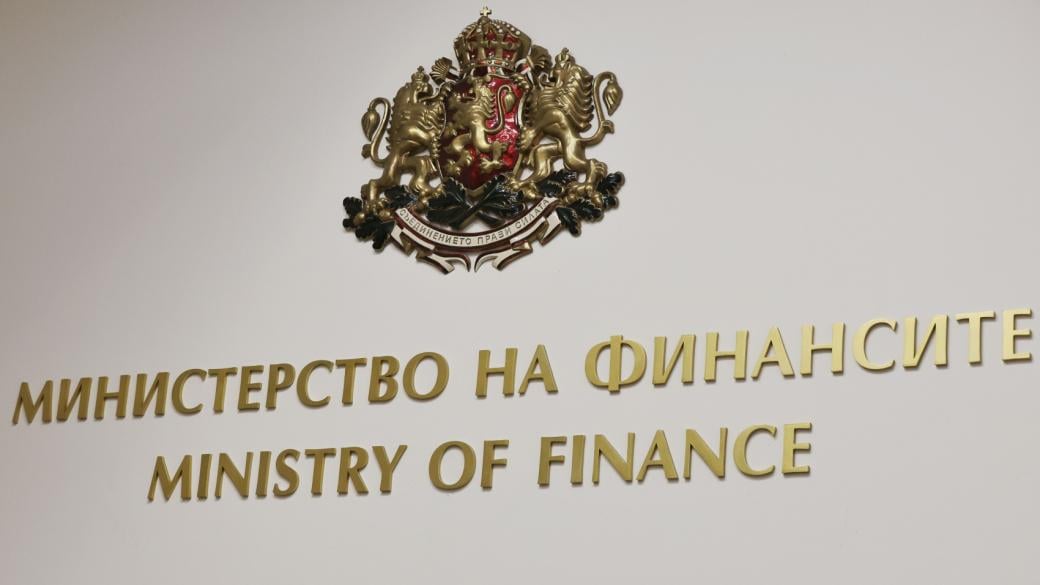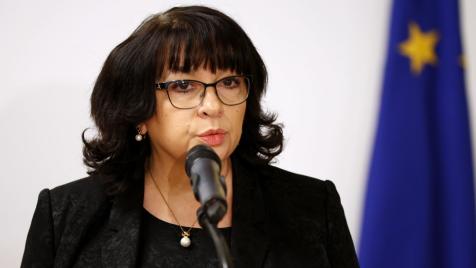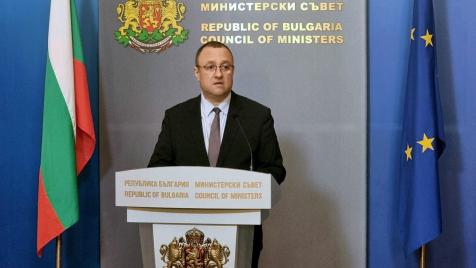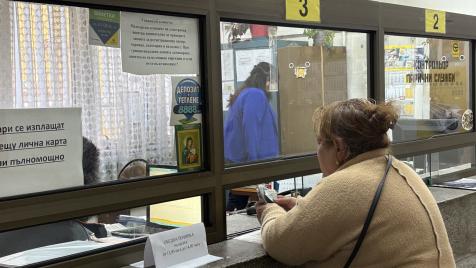Bulgaria plans to increase its internal debt by an additional 1 billion euros
The country’s Ministry of Finance plans to borrow money almost every month until the end of the year

© ECONOMIC.BG / Krasimir Svrakov
The Bulgarian caretaker government of Dimitar Glavchev is betting on taking on another 1.1 billion euros of new domestic loans by the end of the year. This is clear from the published indicative bond issuance calendar for 2024 on the website of the country’s Ministry of Finance. The schedule, however, is not binding, and its purpose is to give guidance to the buyers - banks, insurance and pension companies and others - when and what is being planned.
In view of the upcoming elections in a few days and the hypothesis of a change of government after them, the plan in question may prove to be unsustainable.
Still, according to the prime minister, the state is about to borrow money from the domestic market every month until the end of the year, with the exception of December - in most cases about 200 million euros per month.
The Ministry of Finance envisages that all issues of government securities will have more of a non-standard maturity – 3 and 6 years. With the exception of August and November, the plan is to have two issues per month.
Scheduled issues for June are on the 10th and 24th.
From the beginning of the year until now, Bulgaria has taken on 350 million euros of internal loans - entirely during the time of the preceding regular government. With the planned borrowing of 1.1 billion euros, the size of Bulgaria’s internal debt will reach 1.45 billion euros, which would represent about a quarter of the indicative amount for the new debt set in the country’s Budget Act in the amount of 5.8 billion euros.
Such a high amount has not been withdrawn from the domestic market since 2022, as last year all new Bulgarian debt was derived from international markets.
The indicative calendar for the rest of the year comes after a domestic market bond issue a week ago. However, that last loan was more expensive, and interest from the buyers was markedly lower.
Translated by Tzvetozar Vincent Iolov

 Antoniya Simova
Antoniya Simova 




